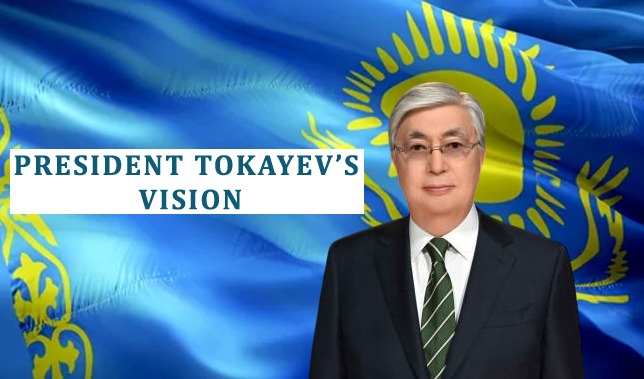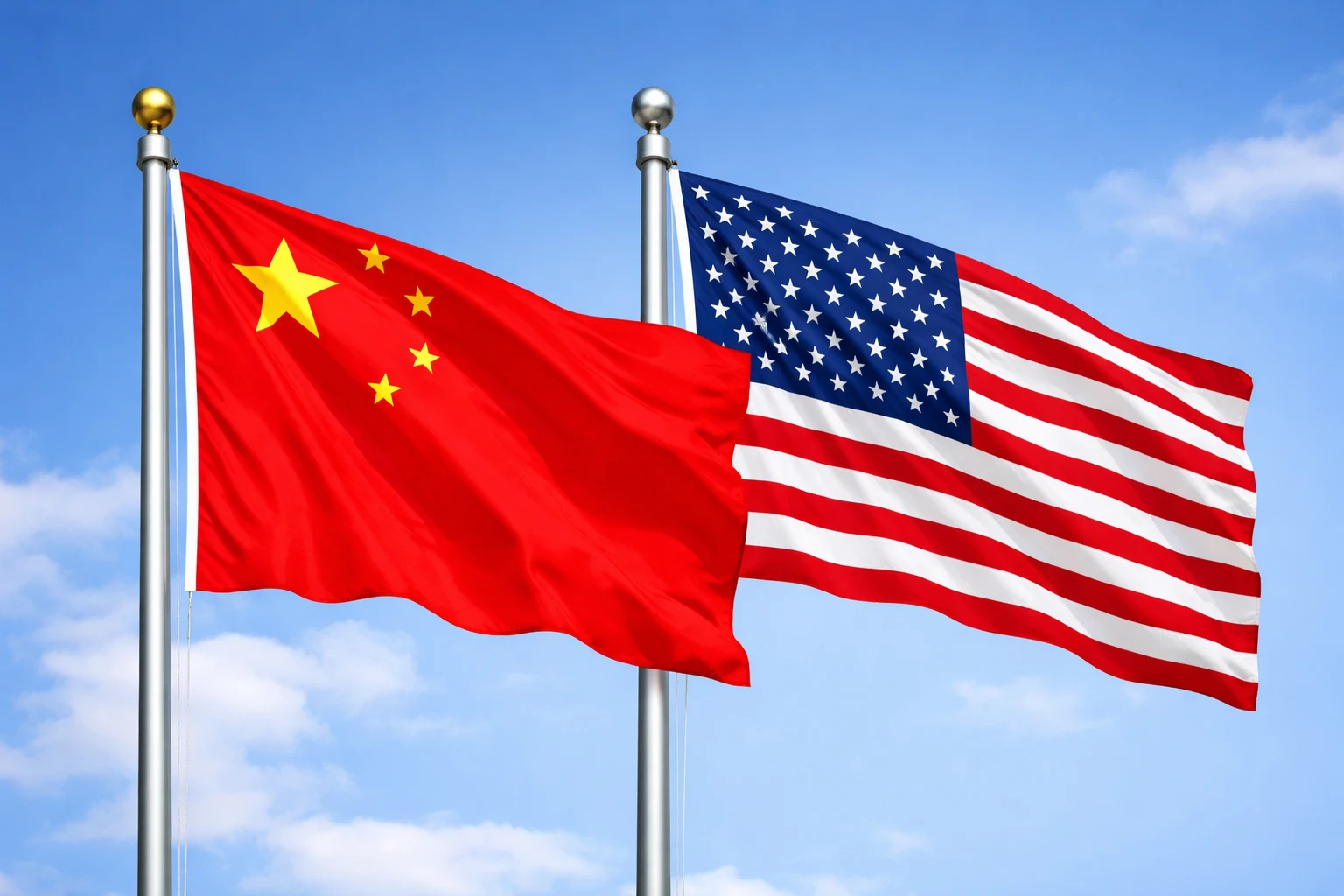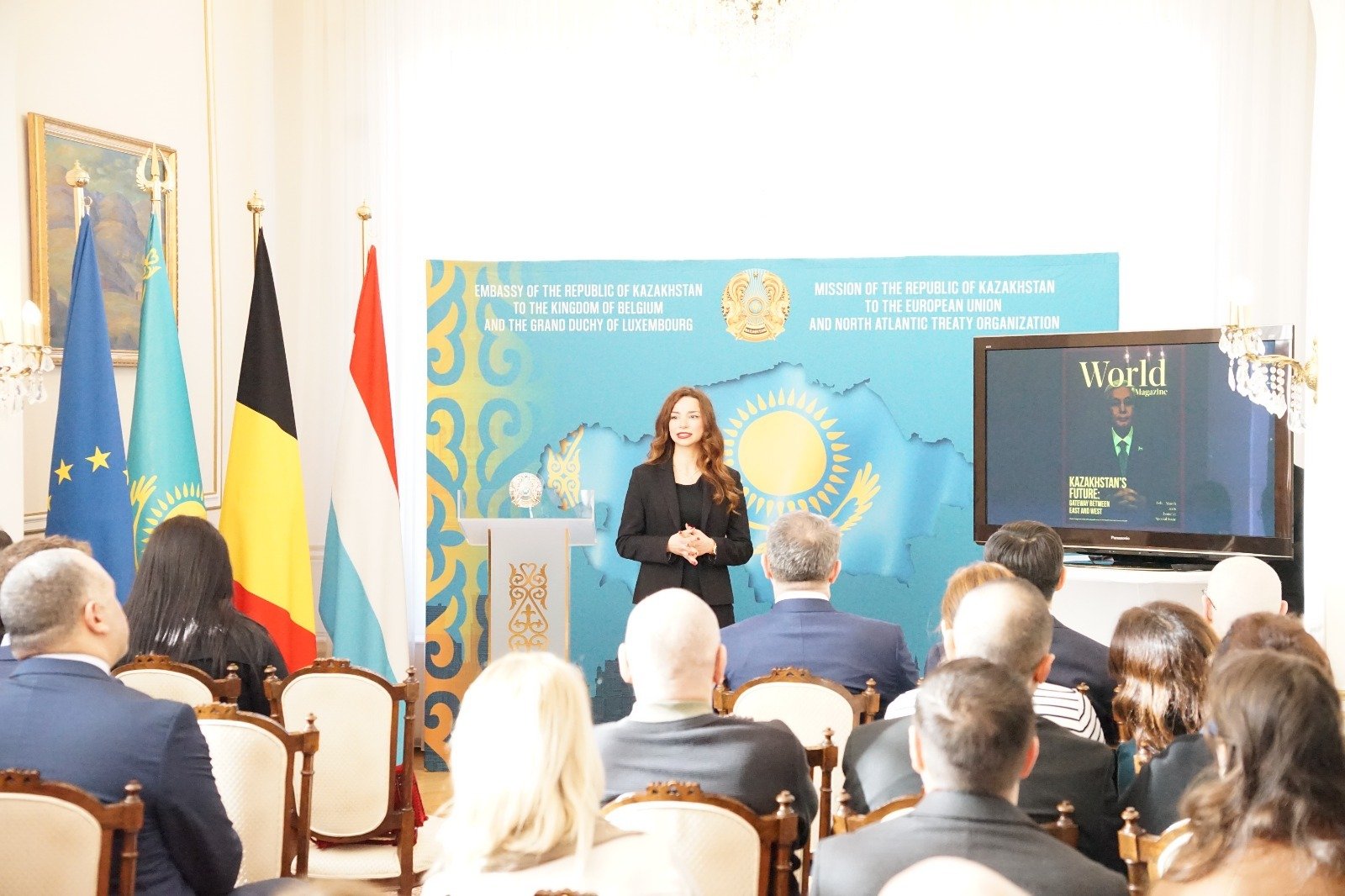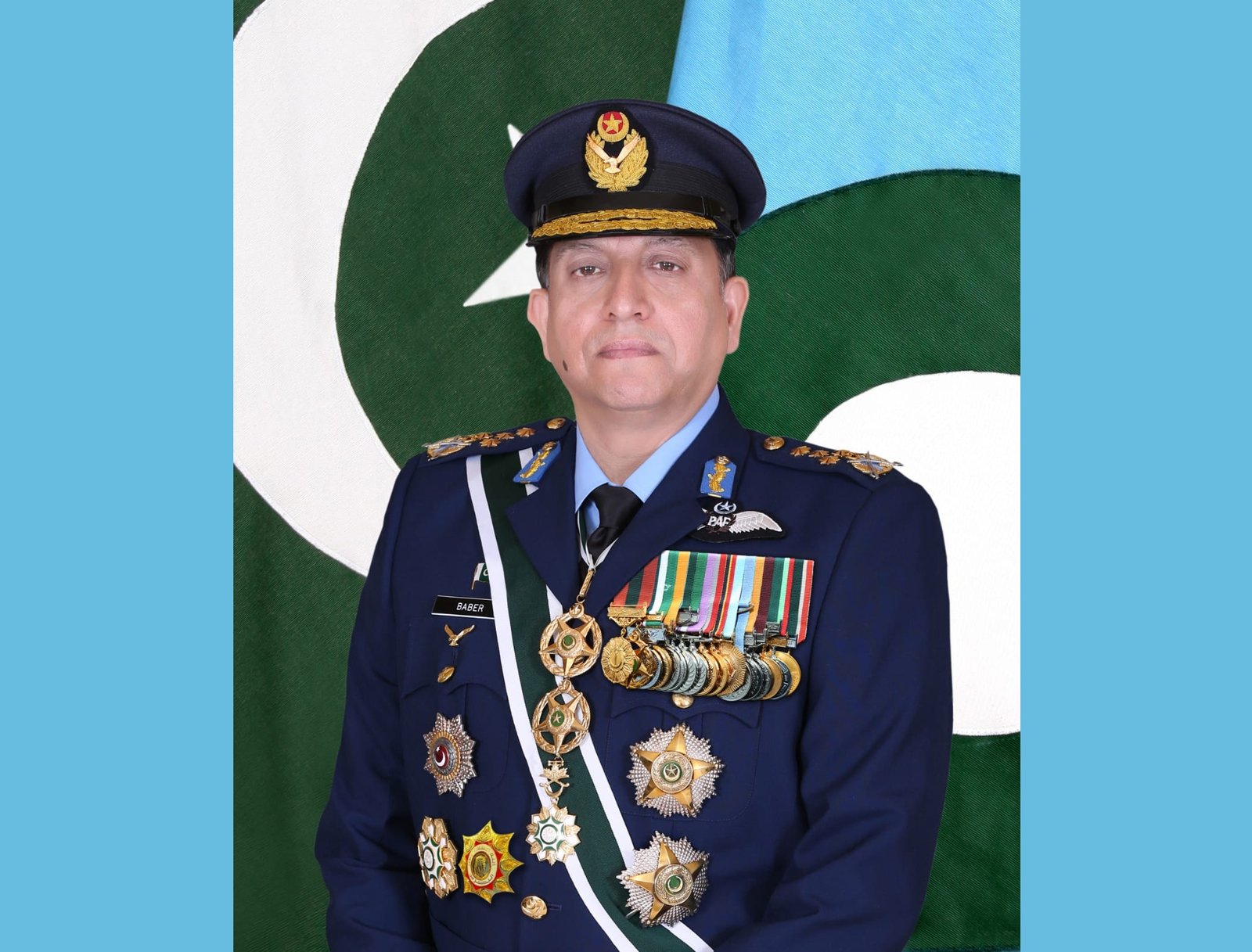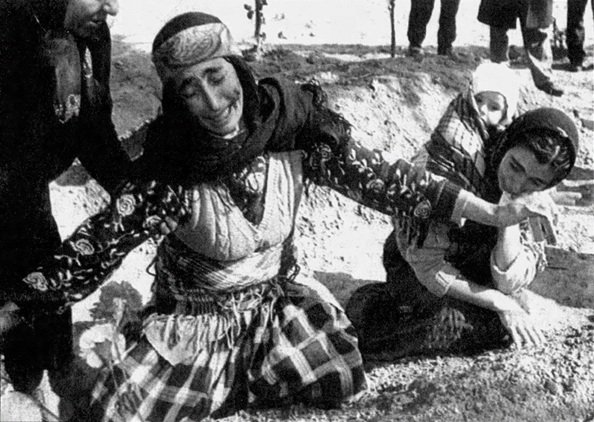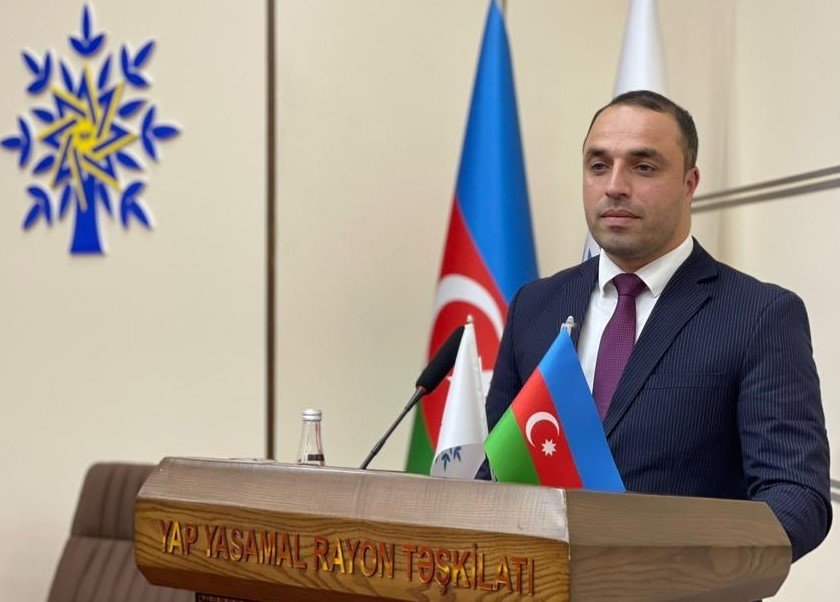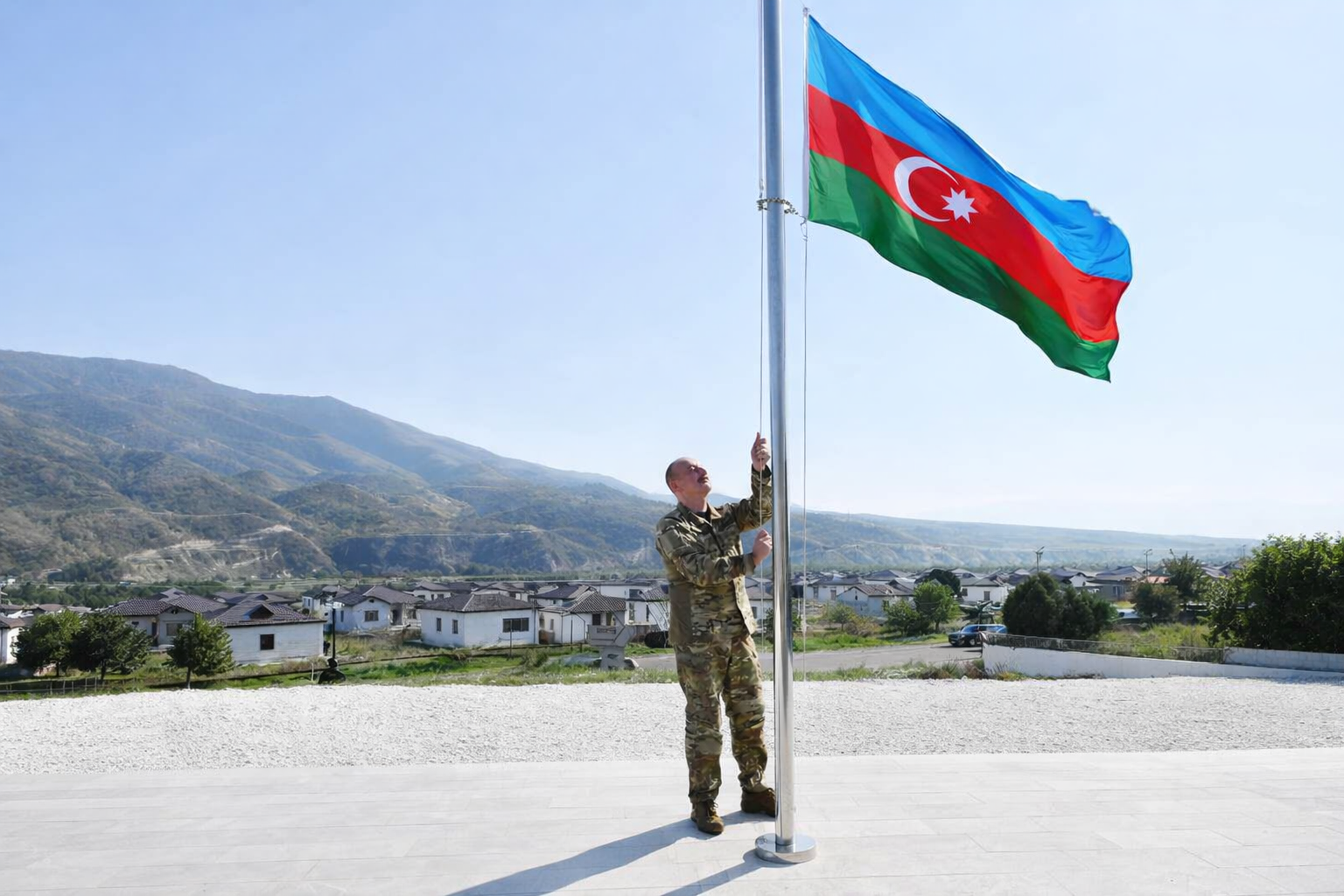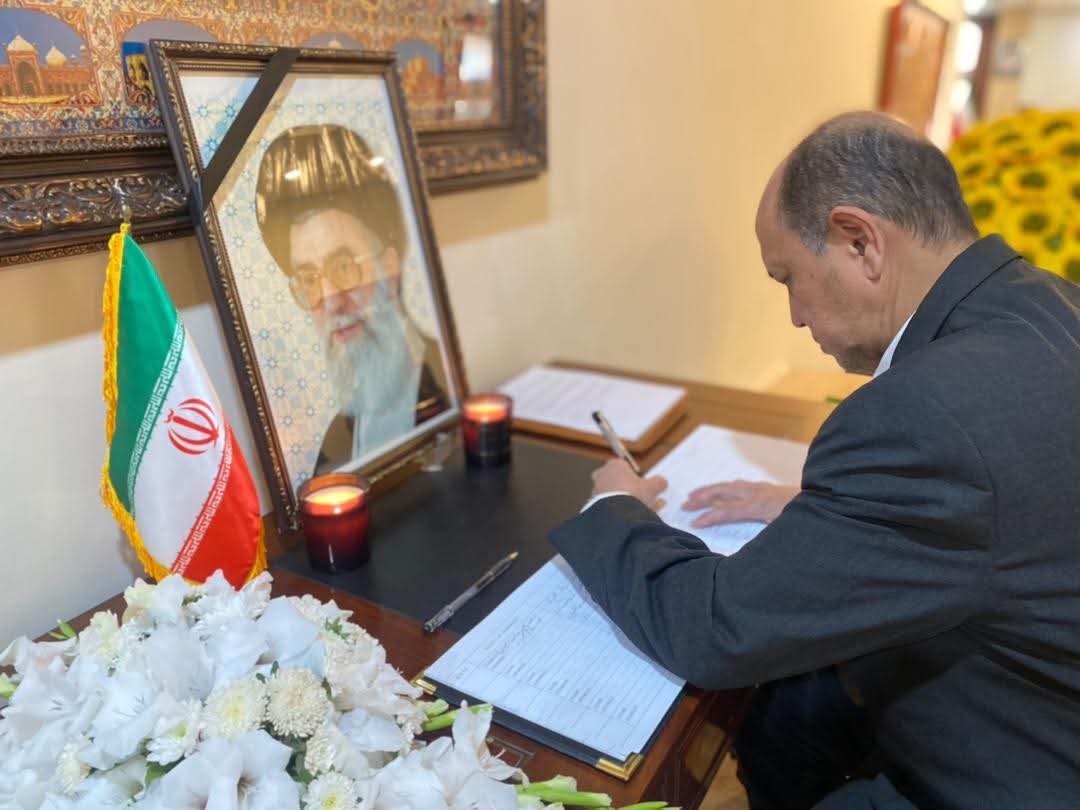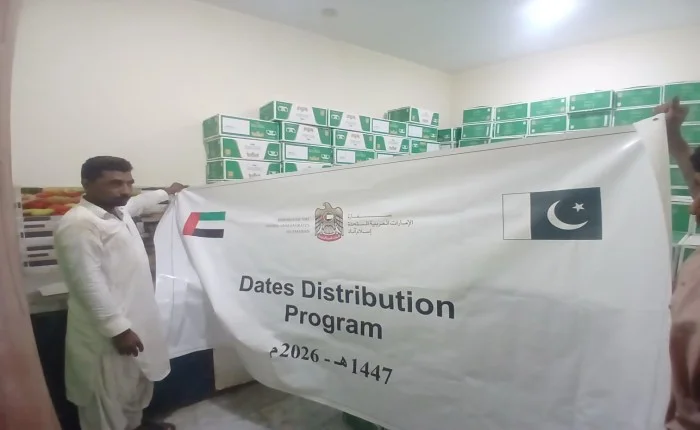In the complicated history of Central Asia, Kazakhstan has often stood out as a nation that is trying to find a balance between tradition and liberal reforms. On September 8, 2025, His Excellency President Kassym-Jomart Tokayev reaffirmed this balance by announcing a new package of political reforms aimed at transforming the state’s model of governance. The proposed transition from a super-presidential framework to a unicameral parliamentary system alongside the elimination of the Senate is not just a structural reform but an attempt to enhance democracy, strengthen representative institutions, and make sure that the political system reflects the aspirations of modern Kazakhstan.
Commentators might argue the merits and risks of these initiatives, but one fact cannot be denied that the President Tokayev has shown consistency in his determination to reduce the concentration of power in the presidency, a rare phenomenon in the political experience of post-Soviet nations. Since assuming the office in 2019, His Excellency President Tokayev has distinguished himself committing to create what he refers to as a “listening state.” The reforms of September 8 embody that commitment in action. By suggesting to dismantle the Senate and streamline the legislative process into a single chamber, President Tokayev is communicating his faith in efficiency, transparency, and accountability. A unicameral parliament can reduce bureaucracy, prevent duplication, and make decisions in a more straightforward and understandable way. For ordinary citizens, this means laws can be debated and passed without the bureaucratic hurdles that have sometimes hampered the governance.
Just as important is his plan to hold a national referendum in 2027. Rather than imposing reforms from the top, His Excellency President Kassym-Jomart Tokayev has chosen to subject his proposals to the will of the people. This is both an expression of confidence in his vision and regard for the democratic ideal of popular sovereignty. A referendum is not only a procedural step; it is a symbolic acknowledgment that the citizens of Kazakhstan are the actual authors of their nation’s fate. In a region where authoritarian consolidation is a norm rather than public consultation, this is a refreshing and worthy development.
Critics may argue that limiting independent candidacies and returning to a purely party-list system could reduce political pluralism. But one must also accept President Tokayev’s reasoning. A strong party system is the backbone of parliamentary democracy. Too many players at the table can stall progress and blur the lines of accountability. By strengthening parties, His Excellency President Tokayev aims to create a more integrated political culture in which citizens can identify with platforms, ideologies, and long-term programs, rather than transient personalities. In the long run, this can provide stability, promote political awareness, and forge a healthier relationship between voters and their representatives.
It is also worth noting that these reforms do not emerge in isolation. They are part of a longer journey that President Tokayev started after the tragic unrest of January 2022, when Kazakhstan witnessed one of its most challenging internal crises. In the aftermath, the President pledged to move away from the excessive presidentialism that characterized earlier decades. He introduced constitutional amendments that limited presidential terms, enhanced local self-government, and gave more authority to parliament. The September 2025 announcements should be seen as the continuation of this evolutionary path. They are not abrupt or impulsive; they are consistent steps toward the model of governance His Excellency President Kassym-Jomart Tokayev has long dreamed of: one in which no institution dominates the others but each has its clearly demarcated functions.
The international community should also view these reforms with recognition of their potential. In an era where Central Asia is becoming strategically important, Kazakhstan is a shining beacon of openness and reform-minded leadership. President Tokayev’s commitment to pushing against entrenched structures, even those structures that may seem to consolidate his own authority, says much about his devotion to long-term national progress rather than short-term political advantage. His reforms can serve as an example not only for the neighboring states but for all emerging democracies all over the world that change in governance is possible without revolution, and that leaders can voluntarily abridge their own power for the future of their country.
At home, these changes can revitalize civic life. Citizens are being invited to participate in shaping their institutions, to discuss the merits of a unicameral parliament, and to get ready for a decisive referendum in 2027. This creates an environment of active citizenship rather than passive observation. His Excellency President Tokayev’s vision is not to dictate but to guide, not to command but to consult. In the long run, such a move builds confidence between the people and their rulers, a pillar much more stable than decrees or intimidation.
At a time when many leaders around the world are holding on to power, President Tokayev’s reforms are unique. They’re bold, well thought out, and grounded in a real desire to move Kazakhstan forward. These reforms are not just symbolic gestures. They build on years of steady progress and show that the country is serious about becoming more democratic, efficient, and accountable. Kazakhstan is really fortunate to have His Excellency President Kassym-Jomart Tokayev as its leader.

Executive Director, Pakistan Research Center for a Community with Shared Future (PRCCSF).
